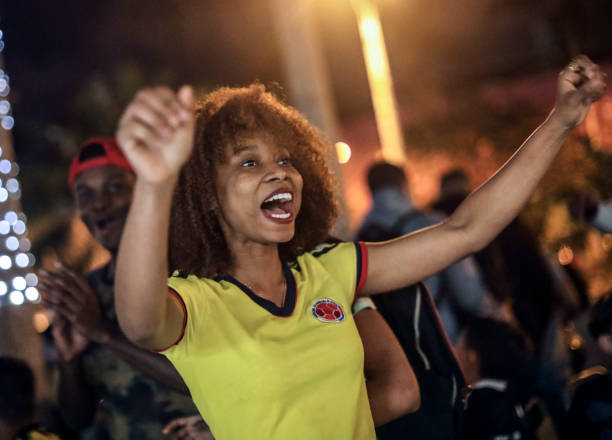For Helen Ward, it’s too late to undo the injustices she faced. But in speaking out, she exposes some ugly truths that need addressing and helps pave the way for those who follow in her footsteps.
Occasionally, you notice something that resonates especially deeply with you.
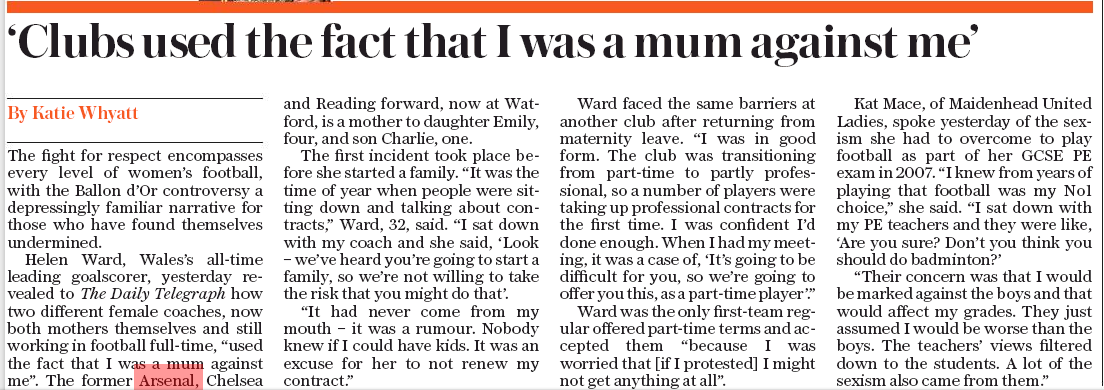
A piece by Katie Whyatt in the Telegraph this week grabbed my attention in such a way.
I have things in common with Helen Ward, about whom the piece was written. She’s female. She’s into her football. She has a link to Arsenal (having made 27 senior appearances for the Gunners) and, of course, we share the same first name.
But the article in question also talked about her struggle to be treated fairly in her professional life, irrespective of her family situation. It’s a situation that women face the world over, agonising over when – or if – they should start a family, and then how best to integrate back into the world of work after an enforced break.
As someone who has recently become a mum, I inevitably enjoy a reasonable quantity of “mummy” company these days. (For all the talk of shared parental leave, it is rare to see a lone dad at a baby sensory class.)
I am appalled by some of their stories both before and after giving birth.
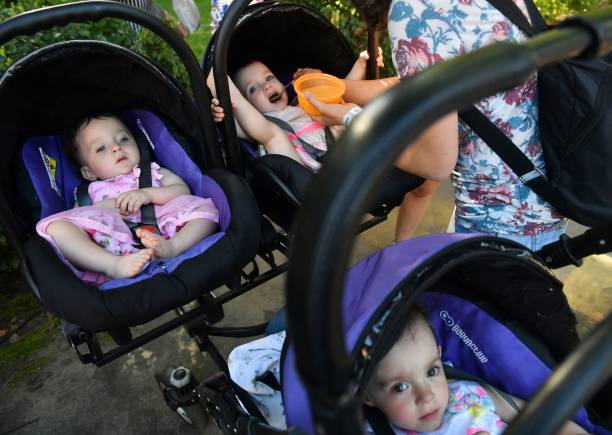
Some cite missed promotions, others report withdrawn training opportunities, and still more share their experience of being offered up to 50% less than the market rate in salary negotiations. To a woman, they have no confidence that they will be treated fairly in their circumstances. No wonder they feel they have to keep their plans under wraps when their honesty would so rarely be reciprocated.
Ward’s experiences are sadly as common as they are candid.
Before having her first child, she believes she was refused a contract explicitly because she might soon have a baby, with the coach saying “We’ve heard you’re going to start a family, so we’re not willing to take the risk you might do that.” The article implies that this alleged discriminatory comment came from Chelsea Ladies coach Emma Hayes, who herself gave birth this May.
Later, after returning from maternity leave, Ward felt that she had done enough to earn a full-time contract, only to be “the only first-team regular offered part-time terms”. Again, the alleged culprit is another mum – Kelly Chambers – who was (and still is) in charge at the club in question, Reading Women.
It’s not by choice that women are the ones to carry children – you have to wonder quite what Ward could have done differently. In effect, both these clubs were saying that she had to choose between having a career and having a family – the two were not compatible.
Make no mistake, this attitude of treating someone differently because they have, or might one day want to have kids is discrimination, pure and simple. It’s also completely illegal. But it’s the kind of discrimination that (primarily) women face on a regular basis, with little chance of proving it. And as with many issues that affect women, it becomes a hopeless game of “he said, she said” – because when push comes to shove, the world is conditioned not to believe what “she said”.
That’s why one of the most depressing elements of Ward’s story is that those who have discriminated against her are women who would later go through the exact same situation themselves.
There are enough barriers placed before women in sport by people who don’t understand, without those who should adding to them.
Luka Modric was clearly emotional at winning the men’s Ballon d’Or, and small surprise given it represents the pinnacle of an individual career.
Yet the first female winner of the same award, Ada Hegerberg, had her proud moment tarred by thoughtless, needless and – worst of all – denied sexism. Whether deliberate or unconscious, asking a woman to perform a sexually charged dance move, when you wouldn’t dream of doing it to their male counterpart, is undeniably and irresponsibly sexist.
Was it not bad enough that it took 61 years for the institution to extend the award itself to women?
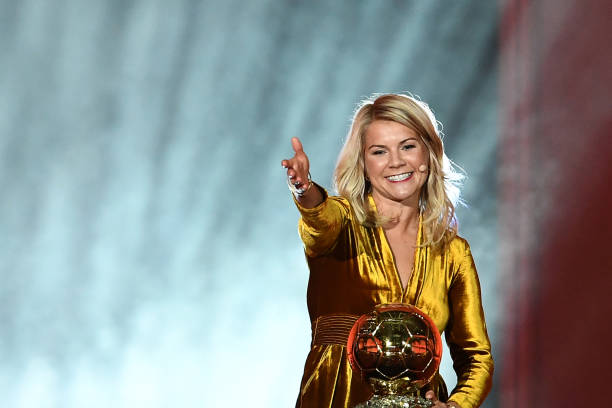
We live in a world where covering a WSL fixture in a national newspaper gets criticised, while many more column inches are given over to a men’s team’s questionable pre-season activities months after the event.
It’s not just the teams and players who are treated poorly. Female supporters are often given a raw deal too.
For some reason, it’s far more interesting to see what female football fans look like than what’s going on between their ears apparently. We’ve all seen the cameras panning to the hottest girls in the crowd when the Euros or the World Cup is on the TV, or online galleries highlighting a selection of the most eye-catching groups.
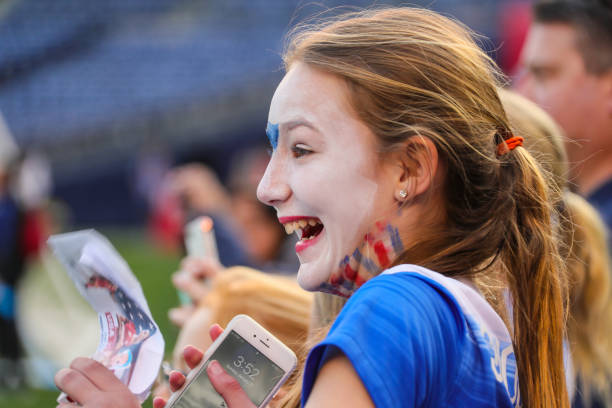
But even putting aside the spectacularly high bar women are often expected to reach to be ‘allowed’ to discuss football, there are still many other areas where clubs are failing their female fans.
Why are feminine hygiene products only available in a selected few of the bathrooms at the Emirates?
Why is the women’s merchandise range so much smaller than the men’s? (And why, why, why does most of it come in varying shades of pink and covered with cheap rhinestones that, even if you wanted them in the first place, come off as soon as you wash the garment?)
Why is someone who is 8 or even 9 months pregnant expected to use a turnstile which acquaints your baby bump with the metal bars a little too familiarly? A pregnant fan is still a fan.
These are small beer compared to the situation in other parts of the world, where women are banned, either legally or socially, from attending football matches full stop.
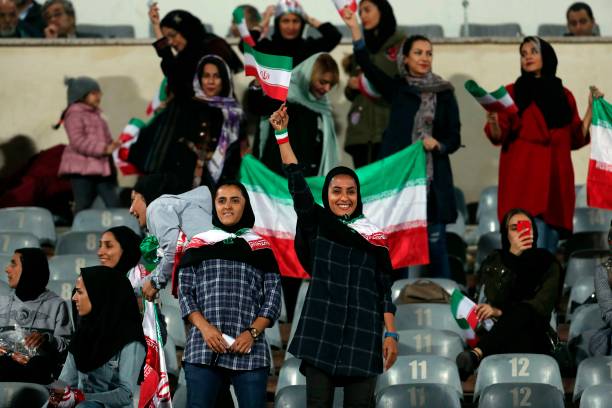
But ultimately they are all symptoms of the same problem – a sport where women still have to overcome barriers to enjoy the same experiences as men, whether on the field or in the stands.
For all the improvements, there is still a way to go.
The WSL continues to improve hand over fist. More teams are becoming professional and clubs are starting to attract increasing numbers of the world’s top players.
It was a pleasure to see Arsenal Women’s top of the table clash with Man City Women being shown on TVs in the concourse at the Emirates before the North London derby. It was even more of a pleasure to see fans of all genders avidly watching and discussing the game, letting the bond of The Arsenal unite them, rather than differences in sex divide them.
Our Ladies team has been remarkably successful over the years, and the club has often been at the forefront of changes to try to move the women’s game forward. That’s something that makes me very proud to be a supporter of Arsenal Football Club, and all its teams.
We live at a time when change is more than just possible, it’s actually happening albeit slowly.
For Helen Ward, it’s too late to undo the injustices she faced. But in speaking out, she exposes some ugly truths that need addressing and helps pave the way for those who follow in her footsteps.

